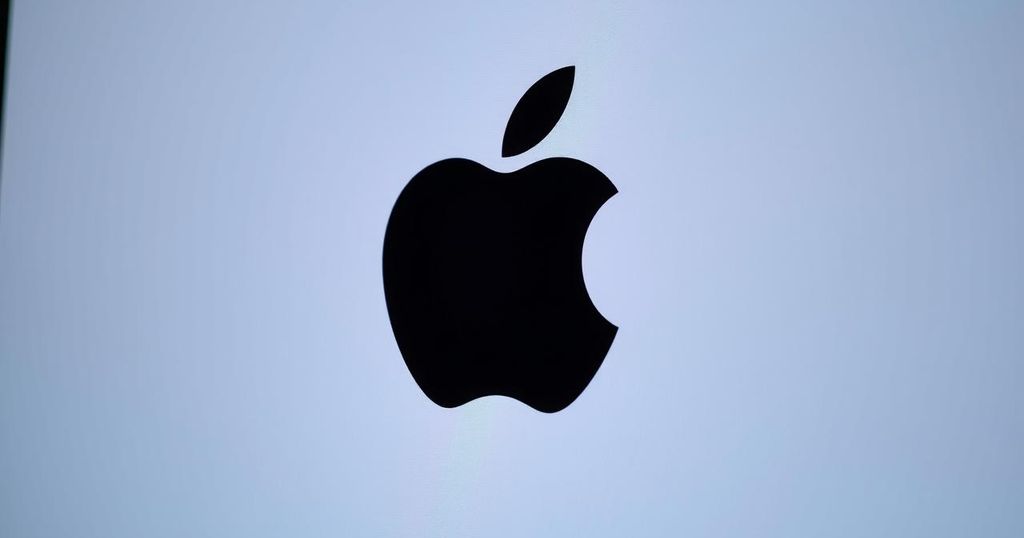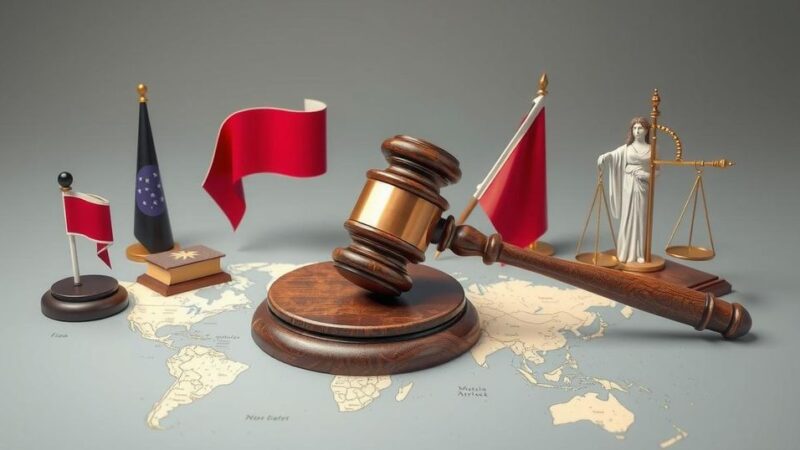The Democratic Republic of the Congo has filed criminal complaints against Apple, alleging the use of conflict minerals and complicity in human rights abuses. The complaints, submitted by lawyers from Amsterdam & Partners, indicate systemic issues in Apple’s supply chain. The allegations suggest Apple has misled consumers about its sourcing practices, raising broader concerns about corporate responsibility in mineral procurement from conflict zones. Legal proceedings will unfold in France and Belgium, where assessment of these claims will take place.
The Democratic Republic of the Congo (DRC) has initiated criminal complaints against Apple, accusing the corporation of utilizing conflict minerals from volatile regions. Legal representatives for the DRC filed these claims against Apple’s French and Belgian subsidiaries following an extensive investigation led by Amsterdam & Partners. Robert Amsterdam characterized this legal action as the “first salvo,” marking a significant step in addressing alleged complicity in the exploitation of minerals linked to violence and human rights violations. The complaints assert that Apple has, knowingly, engaged in practices that include covering up war crimes and misleading consumers concerning their supply chain processes.
Christophe Marchand, one of the lawyers advocating for the DRC, emphasized Belgium’s historical responsibilities stemming from its colonial legacy in the region. The complaints imply Apple’s supply chain has systematic issues, stating that “the Apple group, Apple France, and Apple Retail France know very well that their mineral supply chain relies on systemic wrongdoing.” The future of these complaints will depend on the decisions made by the judicial systems in France and Belgium.
The DRC has been a center of conflict primarily due to its rich deposits of minerals such as tin, tantalum, tungsten, and gold. These minerals significantly enrich armed groups and are critical to global electronic manufacturing. Earlier this year, the U.S. State Department recognized these complexities and underscored the importance of responsible sourcing practices. Despite Apple’s assertions of comprehensive oversight regarding their supply chain, discrepancies have raised concerns, particularly around the sourcing of tantalum, which may involve smuggled minerals mislabeled as Rwandan. As a result, AAPL shares experienced a slight decline of 0.33% to $250.21 in premarket trading on Monday.
The Democratic Republic of the Congo is plagued by long-standing conflicts often exacerbated by competition for its vast mineral resources. Notably, minerals such as tin, tantalum, tungsten, and gold are critical in electronic devices and are frequently sourced from regions controlled by armed groups. These factions utilize profits from illicit mineral sales to finance violence and exploit local populations. The international community has expressed concern regarding responsible sourcing and supply chain integrity, with various initiatives underway to mitigate the exploitation of resources stemming from conflict zones. Companies such as Apple have made commitments to oversee their supply chains, but concerns persist about the effectiveness of these measures.
The legal actions against Apple by the DRC signal a critical moment in the discourse surrounding conflict minerals and corporate responsibility. The implications of this case extend beyond Apple to highlight the broader issues of supply chain ethics in industries dependent on raw materials from conflict areas. As judicial systems in France and Belgium assess these complaints, the outcome may set precedents in holding multinational corporations accountable for their sourcing practices. Furthermore, it underscores the need for thorough monitoring and ethical standards to be instituted in global supply chains to prevent the perpetuation of violence and human rights abuses in resource-rich regions.
Original Source: www.benzinga.com







